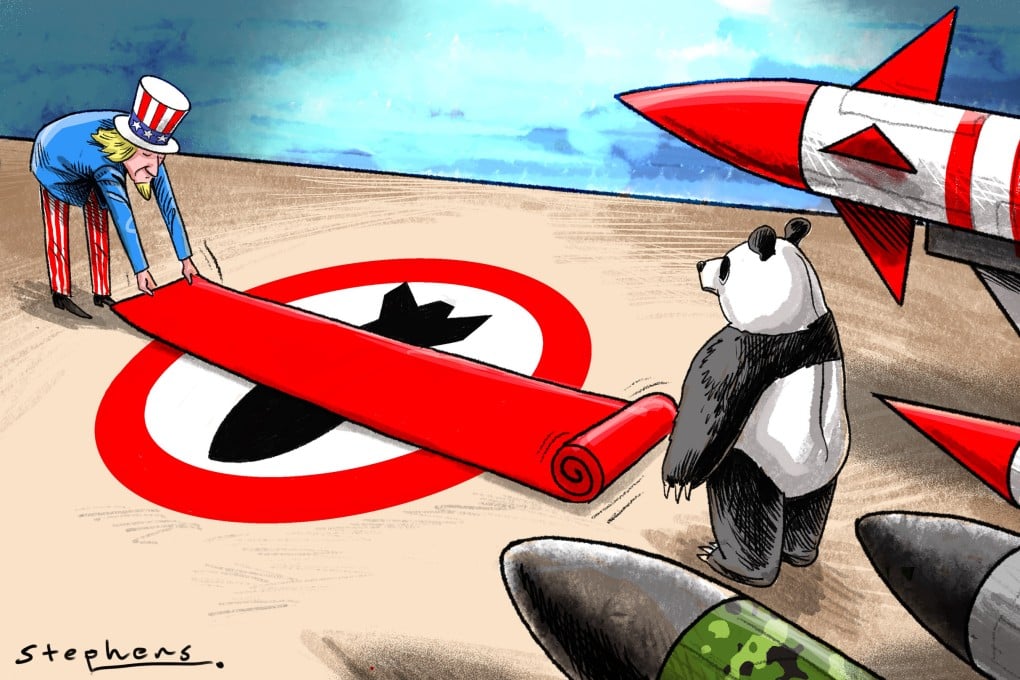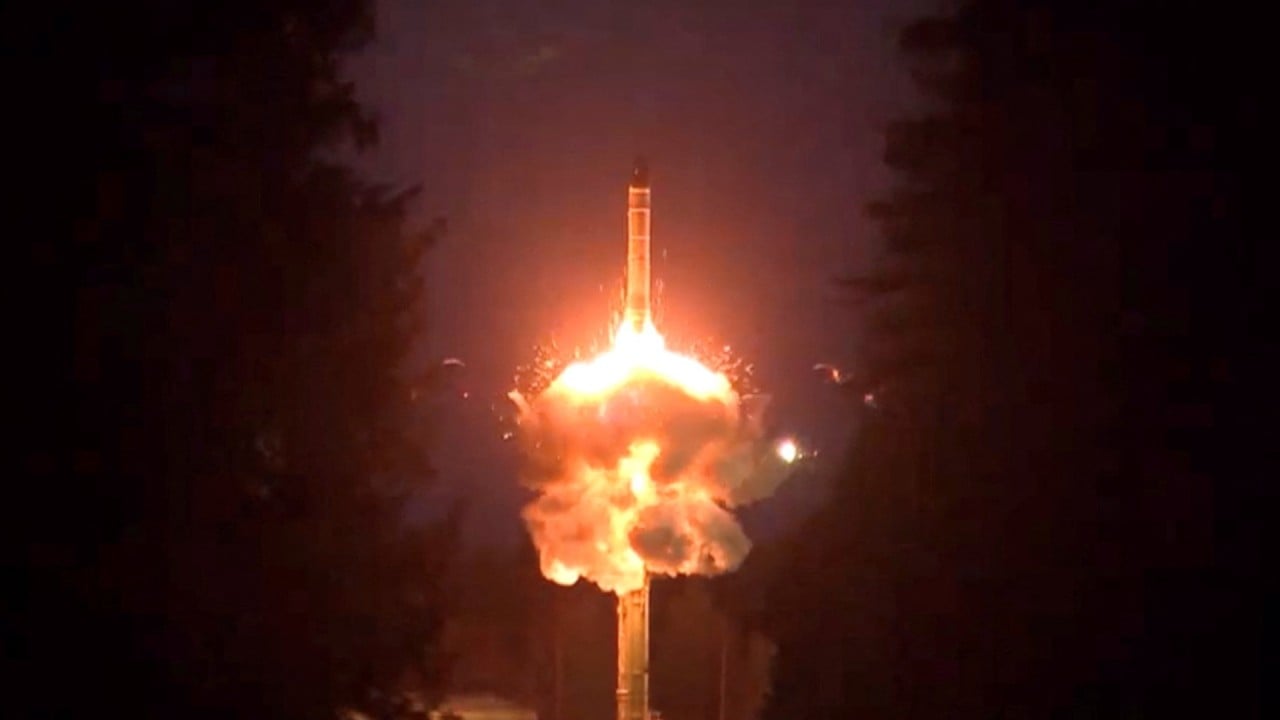Advertisement
Opinion | US must adapt its nuclear arms control policies to get China on board
- A main sticking point preventing progress on nuclear arms reduction is Washington’s policies that leave China feeling it must expand its arsenal
- If the US wants China to feel secure enough to negotiate, it must address Beijing’s legitimate concerns
Reading Time:4 minutes
Why you can trust SCMP
6

The United States and China engaged in rare nuclear arms control talks recently. However, there are questions about the feasibility of nuclear arms reduction given that a recent US Congressional Strategic Posture Commission study recommended that Washington expand its nuclear arsenal to deter the simultaneous aggression of Russia and China, identified as “two-nuclear-peer” rivals.
Advertisement
Currently, the US and Russia have each deployed more than 1,500 nuclear warheads, with thousands more in storage. On the other hand, the US Department of Defence’s latest estimate suggests that China has developed “more than 500 operational nuclear warheads”, surpassing previous assessments. Furthermore, it anticipates China has the potential to increase its arsenal to more than 1,000 warheads by 2030.
Consequently, the US would need to augment its nuclear arsenal to maintain credible deterrence against both Russia and China while ensuring an adequate quantity of warheads for a secure second-strike capability in the event of a pre-emptive nuclear strike by its rivals. However, this approach fails to account for the likelihood that an expanded US arsenal would prompt China and Russia to follow suit, perpetuating a dangerous nuclear arms race.
Historically, the US faced only Russia as an equal nuclear superpower, with each deploying 1,550 warheads under the New START treaty. However, the addition of China as a third peer competitor – described by Washington as possessing both the intent and capability to challenge the international order in ways contrary to US interests – complicates the path to nuclear arms control.
China’s reluctance to engage in nuclear talks with the US stems from its perception that Washington refuses to acknowledge mutually assured destruction, which signifies shared vulnerability to nuclear attacks between the two nations. Beijing is concerned the US could use such dialogue to curtail China’s nuclear expansion and jeopardise the survivability of its nuclear arsenal.
Moreover, Beijing expects the US and Russia to substantively reduce their nuclear arsenals and create the conditions for trilateral nuclear discussions. However, China has not specified an acceptable number of deployed warheads for the US and Russia, and Washington has not said how big China’s nuclear arsenal would need to be, to be seen as a challenge or to overcome its nuclear strategy.

Advertisement

